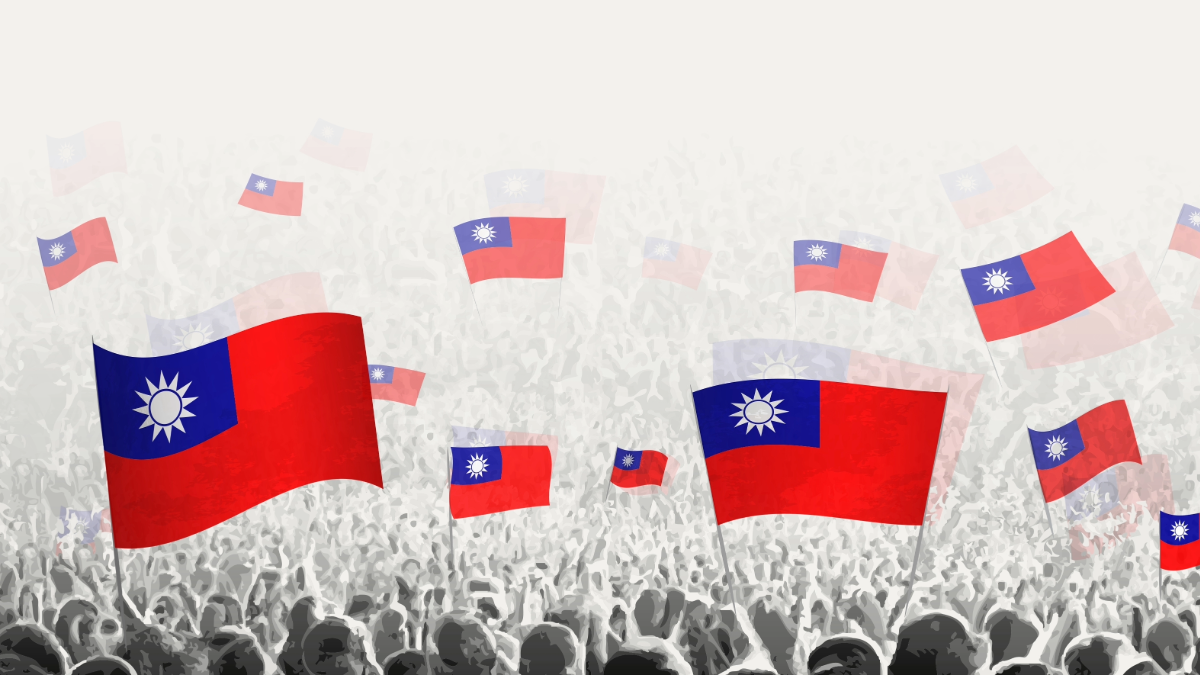The Looming Threat of the Global Disinformation Battle—A Perspective from Taiwan
Wei-Ping Li, Summer Chen / Feb 7, 2025January 7, 2025, was a difficult day for professional fact-checkers and individuals around the world who cherish facts. That day, Meta announced the termination of its collaboration with fact-checking organizations in the United States. Although Meta indicated that it will keep partnering with fact-checking initiatives in other regions of the world (for now), fact-checking communities are expecting more possible bad news to come, including the loss of funding and layoffs.
As members of the fact-checking community who witnessed several pivotal disinformation challenges in Taiwan and during recent global events, we want the public to know how Meta's third-party fact-checking mechanism has influenced the information ecosystem locally and globally. We are deeply concerned about the upcoming changes but want to encourage the fact-checking community to unite and keep fighting.
Here, we want to share Taiwan's experience to illustrate the critical roles that social media platforms, particularly Meta, have played in the fight against disinformation. We also want to demonstrate the risks when platforms retreat from the frontline to gatekeep harmful information.
Taiwan has long faced problems with false information, both from outside its borders and within its society. First of all, Taiwan has been a target of disinformation attacks and propaganda from China for many years. Domestically, Taiwan's news outlets have also been marred by partisan and sensational news competing for audience attention. What's worse is that the Chinese government has exploited the weakness of Taiwan's free media environment, seeking to exert influence through the Taiwanese media. As 80% of Taiwanese audiences rely on websites, online portals, and social media for news, false information floods the Taiwanese media ecosystem. Within this ecosystem, social media platforms have played a crucial role in combating false information, especially during presidential and local elections and difficult times such as the COVID-19 pandemic.
In recent years, several major international platforms have collaborated with Taiwanese civil society to address issues related to false information. In addition to Google’s support for media literacy and journalist training programs, Meta has partnered with Taiwan's fact-checking community since 2019, when the Taiwan FactCheck Center (TFC) became part of Meta's Third-Party Fact-Checking program. In 2020, MyGoPen joined the program, making it the second Taiwanese fact-checking organization to work with Meta.
As partners in the third-party program, the TFC and MyGoPen identify false information circulating on social media, verify it, and report problematic content to Meta. Meta then adds warnings to posts on Facebook and Instagram and restricts the spread of false content. Additionally, Meta gives payments to partner fact-checking organizations for verifying inaccurate information spread on Meta’s platforms.
This cooperative mechanism applies not only to the TFC and MyGoPen but also to many fact-checking organizations worldwide. According to a report by the International Fact-Checking Network (IFCN) in 2022, Meta's Third-Party Fact-Checking Program was the leading funding source for the majority of fact-checking organizations across the globe. Over the past years, the third-party program, with the coordination of IFCN, has also played an essential role in facilitating an alliance among international fact-checkers. During pivotal events such as the COVID-19 pandemic and the Russian-Ukraine War, this alliance formed a global frontline to defend against disinformation attacks from authoritarian regimes.
In Taiwan, the partnership between the fact-checking community and social media platforms has lessened the grave problem of false information. For instance, during the 2020 presidential election, disinformation, both from China and domestic actors, was rampant on Taiwanese social media. Some disinformation pieces were even intended to suppress voting or incite conspiracy theories about voting results. After Taiwanese fact-checkers identified the false information, Facebook (now Meta) significantly curtailed the reach of false information that was fact-checked. Additionally, since media content produced by traditional media such as newspapers and TV outlets is widely shared across social media platforms, articles from traditional news outlets containing false information circulating on Facebook or Instagram are also subject to fact-checking and reporting to Meta. This reporting mechanism has motivated Taiwanese news outlets to be more mindful of verification and enhance the robustness of their reporting.
To be fair, the relationship between the fact-checking community and social media platforms, particularly Meta, has been complex. To some extent, Meta's past efforts in content moderation have been a response to the many criticisms of being a platform that turbocharges hateful and false information since the 2016 Rohingya genocide in Myanmar. However, through the pandemic, pivotal elections, and other major global events, both parties have gradually developed cooperative strategies to combat false information. Meta's retreat in sharing data and partnering with fact-checkers may dismantle the safeguards that have been built against the global spread of false information, particularly at this time when malicious actors, such as authoritarian regimes, are exploiting the free media environment in democratic countries and leveraging technological advancements to intensify their attacks. As many cases have exemplified, these attacks aim not just at single politicians or political parties but are against the whole democratic system. False information affects all members of society.
However, as concerned as we are, we still want to convey a positive message: this crisis could serve as another opportunity for fact-checking organizations to review and rethink the sources of funding, the challenges in the current information environment, and the methodologies of fact-checking. For example, Meta’s limitation on fact-checkers’ verification of political content, often categorized as "opinion" but frequently intertwined with false information, has become a loophole for malicious actors. While this limitation may help Meta mitigate its own political risks, it has also constrained the role of fact-checking and warrants more debate. We believe this is a crucial moment, albeit perilous for the fact-checking community, to reassess old constraints and seek new possibilities and alliances. We must continue to fight.
Disclosure
Wei-Ping Li is currently a research fellow at the Taiwan FactCheck Center.
Summer Chen is the former Editor-in-Chief of Taiwan FactCheck Center (2019-2024).
The views expressed here are solely our own and do not reflect the opinions or official policies of Taiwan FactCheck Center.
Authors


